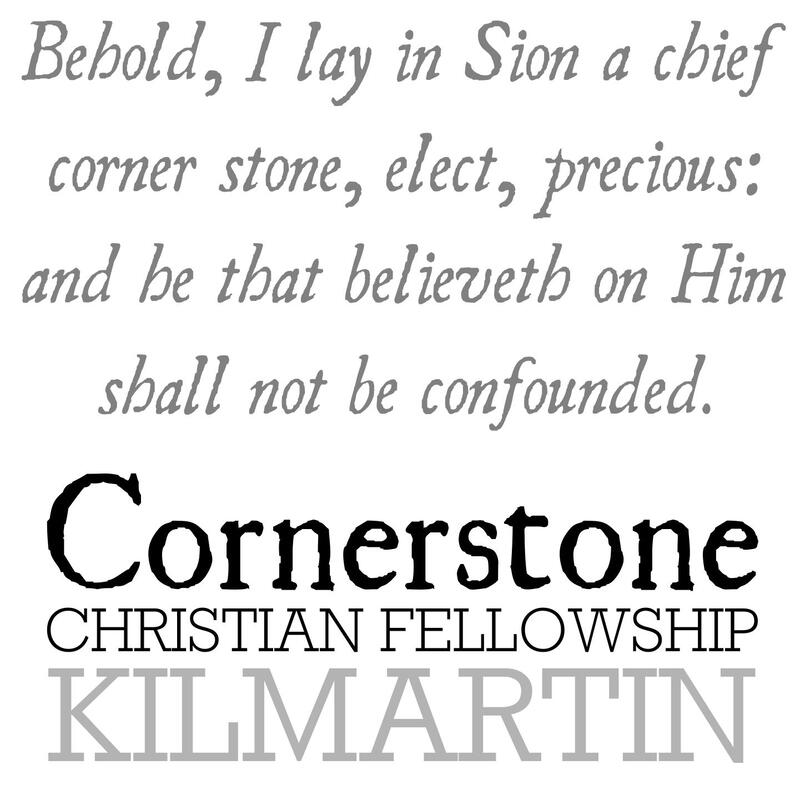|
Therefore when Jesus perceived that they were about to come and take Him by force to make Him king, He departed again to the mountain by Himself alone. Now when evening came, His disciples went down to the sea, got into the boat, and went over the sea toward Capernaum. And it was already dark, and Jesus had not come to them. Then the sea arose because a great wind was blowing. So when they had rowed about three or four miles, they saw Jesus walking on the sea and drawing near the boat; and they were afraid. But He said to them, “It is I; do not be afraid.” Then they willingly received Him into the boat, and immediately the boat was at the land where they were going. [John 6:15-21 NKJV] Jesus separated Himself from the Disciples because He could see that by naming Him ‘the Prophet who is to come into the world’, they were forming the wrong idea of Him. They had yet to see Him as their saviour, more than a miracle-worker; as God become man, more than oracle or holy man. The disciples had only a limited vision of Jesus. This is something that we all do — limit God — because we do not know Him in His fullness. We cannot; but we can realise that He is so much greater than our understanding of Him. Then we will accept that He is the only one who can carry us through the storms of life and nurture His life in us, which will begin to lift us into the perfect relationship. It is an ongoing work ... it cannot be otherwise. Capernaum can be translated as ‘village of comfort’; literally ‘correctly three times’. The disciples headed across the sea to find the right place, only to get into difficulty. Our best intentions can do that; we seek comfort and peace in the wrong things, in the wrong place, because we go in the wrong way — even though everything tells us it is right. But then — miraculously — we see Jesus walking on the water; He is above the turmoil and He comes in where we are; He sits with us, in the midst of us. Immediately we are at our destination. There is no stressing, for He is The Comforter — fear and trepidation are gone in three short words — ‘It is I’. “They feared as they entered the cloud.” Is there anyone “save Jesus only” in your cloud? If so, it will get darker; you must get into the place where there is “no one save Jesus only.” |
MEDITATE ON THESE THINGS…Finally, brethren, whatever things are true, whatever things are noble, whatever things are just, whatever things are pure, whatever things are lovely, whatever things are of good report, if there is any virtue and if there is anything praiseworthy—meditate on these things. The things which you learned and received and heard and saw in me, these do, and the God of peace will be with you. Archives
July 2024
Archive by Title
Archive by Bible VerseAuthors
GEORGE and GILL STEWART |

 RSS Feed
RSS Feed
